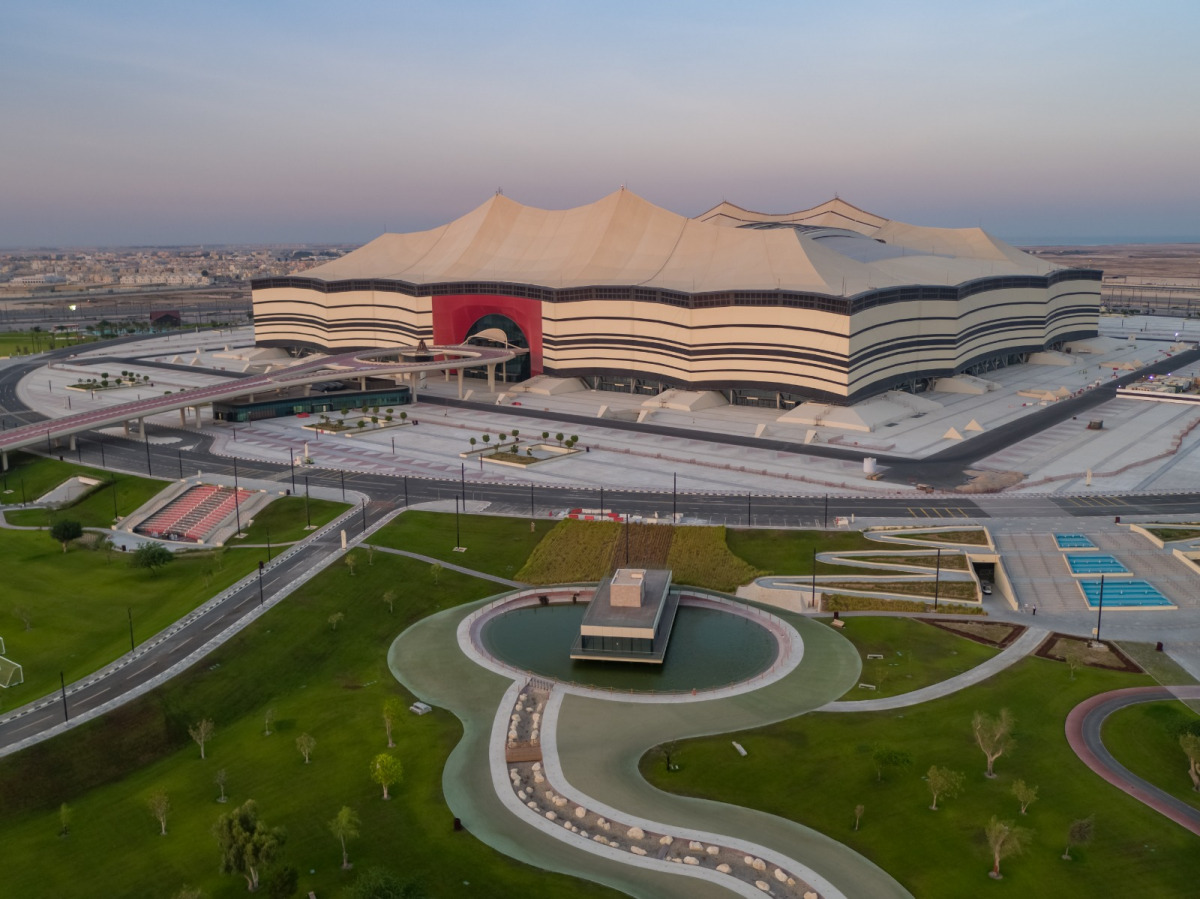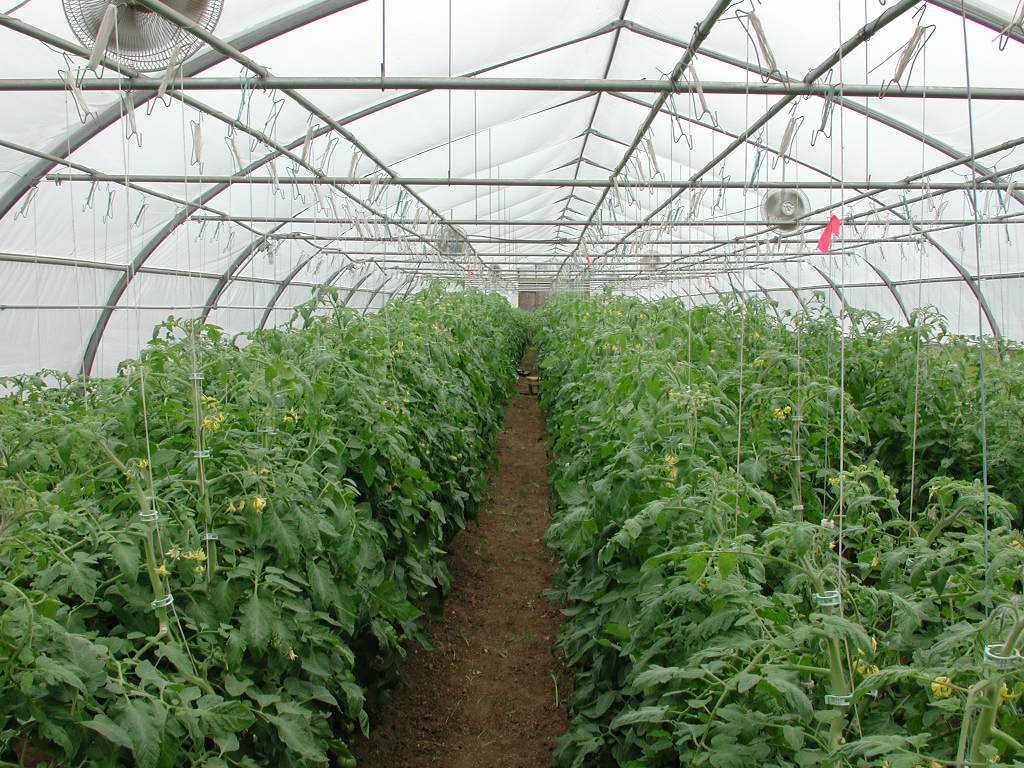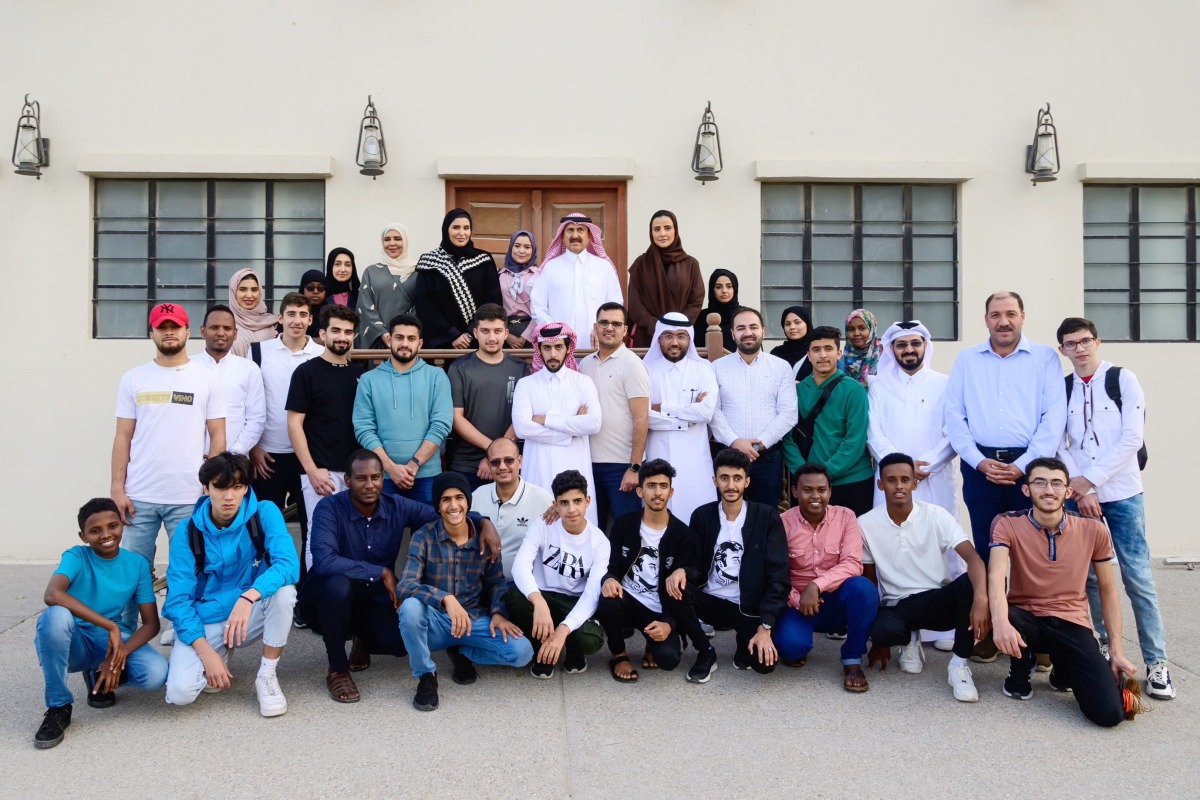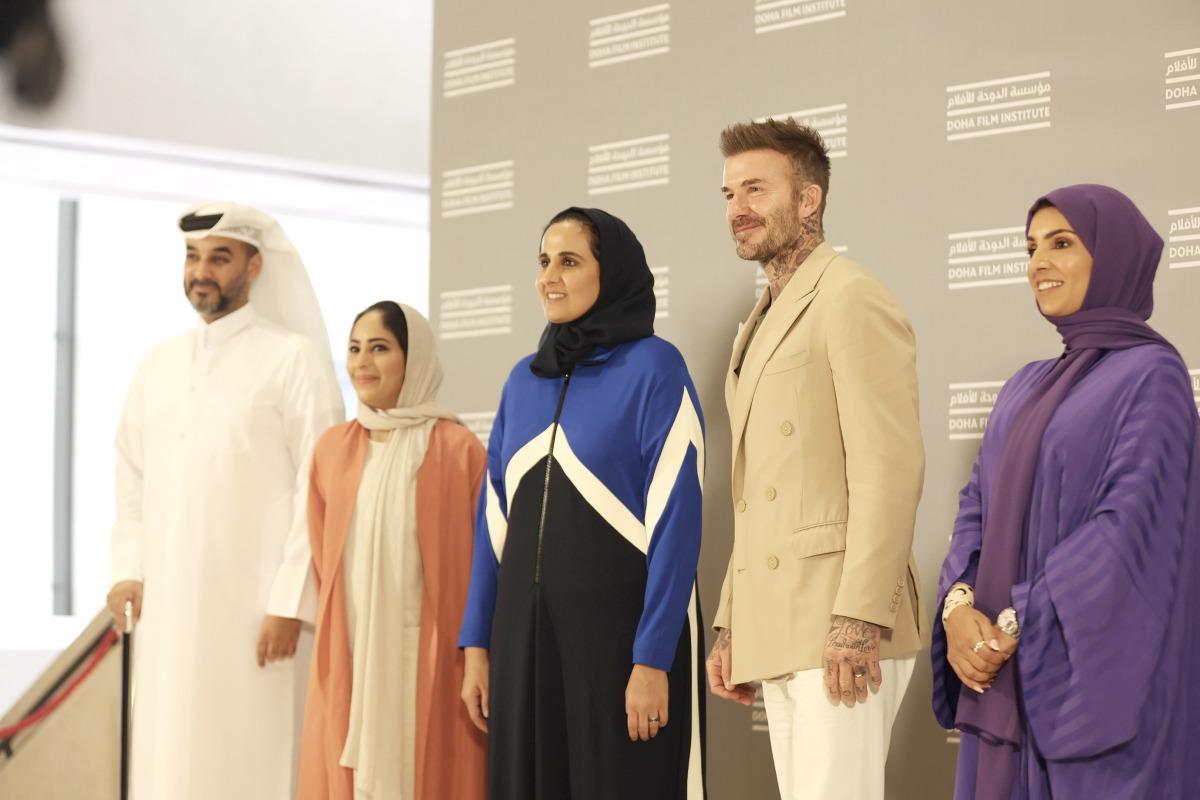Since Qatar was awarded the right to host the FIFA World Cup in 2022, the nation has given sustainability top priority while building all of its infrastructure projects, including eight cutting-edge stadiums.
The Supreme Committee for Delivery & Legacy (SC) collaborated closely with the Gulf Organisation for Research & Development (GORD) to get all Qatar 2022 infrastructure projects certified under the Global Sustainability Assessment System in order to comply with FIFA’s strict environmental standards (GSAS).
Launched in 2007 as the Qatar Sustainability Assessment System, GORD rebranded it to GSAS to include projects across the Middle East and North Africa (MENA) in 2012. It is the region’s first integrated and performance-based system that assesses and rates buildings and infrastructure for their sustainability impacts. GSAS is aimed at improving the design, construction and operations of buildings, while also identifying sustainability challenges specific to the MENA region’s building environment. In 2014, FIFA approved GSAS as the sustainability rating system to assess all infrastructure built for this year’s World Cup.
Since then, all eight Qatar 2022 stadiums have achieved a minimum four-star GSAS rating for Design & Build, starting with the redeveloped Khalifa International Stadium and concluding recently with both Lusail Stadium and Stadium 974.
Five World Cup venues earned a top GSAS rating of five stars for Design & Build, while six stadiums earned a Class A* rating for Construction Management.
The venues were also certified for their operations and energy centre efficiency.
“The GSAS system is now used to assess new buildings across Qatar – it’s an example of World Cup legacy in action,” said Dr. Yousef Alhorr, Founding Chairman, GORD.
“In the past 10 years, the system has been applied on over 1,500 building projects, including the metro, stadiums and even new cities, such as Lusail. The ratings range from two to five stars, depending on the project. The process of evaluation is extensive and separated into desk review and site audit.”
The use of GSAS certification has been invaluable in measuring the country’s sustainability goals, which were first laid out in Qatar National Vision 2030, with the World Cup providing the perfect milestone to expedite and catalyse sustainable development and major sustainability-oriented projects in the country.
It has also been invaluable in helping both Qatar and FIFA remain on course to fulfilling the objectives set out by both entities in the FIFA World Cup 2022 Sustainability Strategy, with Qatar 2022 set to change the way future World Cup competitions and other sporting mega events are organised around the world.
“From the very beginning, sustainability has been at the heart of all of our projects for Qatar 2022,” said Eng. Bodour Al Meer, the SC’s Sustainability Executive Director.
“We are thankful to GORD for helping us to reach our sustainability targets by auditing each of our World Cup stadium sites 11 times. The projects we have delivered showcase the impact of hosting the first FIFA World Cup in the region and are helping to push the sustainability message further than ever before.”
In addition to eight exemplary green stadiums, Qatar 2022 has also provided training to hundreds of professionals in green building practices, enhanced supply chains for sustainable products and materials, and new innovative engineering solutions. These contributions will lead to a successful delivery of more green buildings in the future.

















Leave a Reply